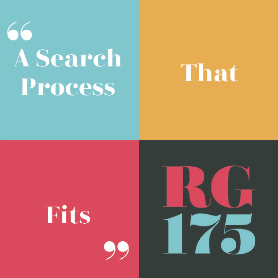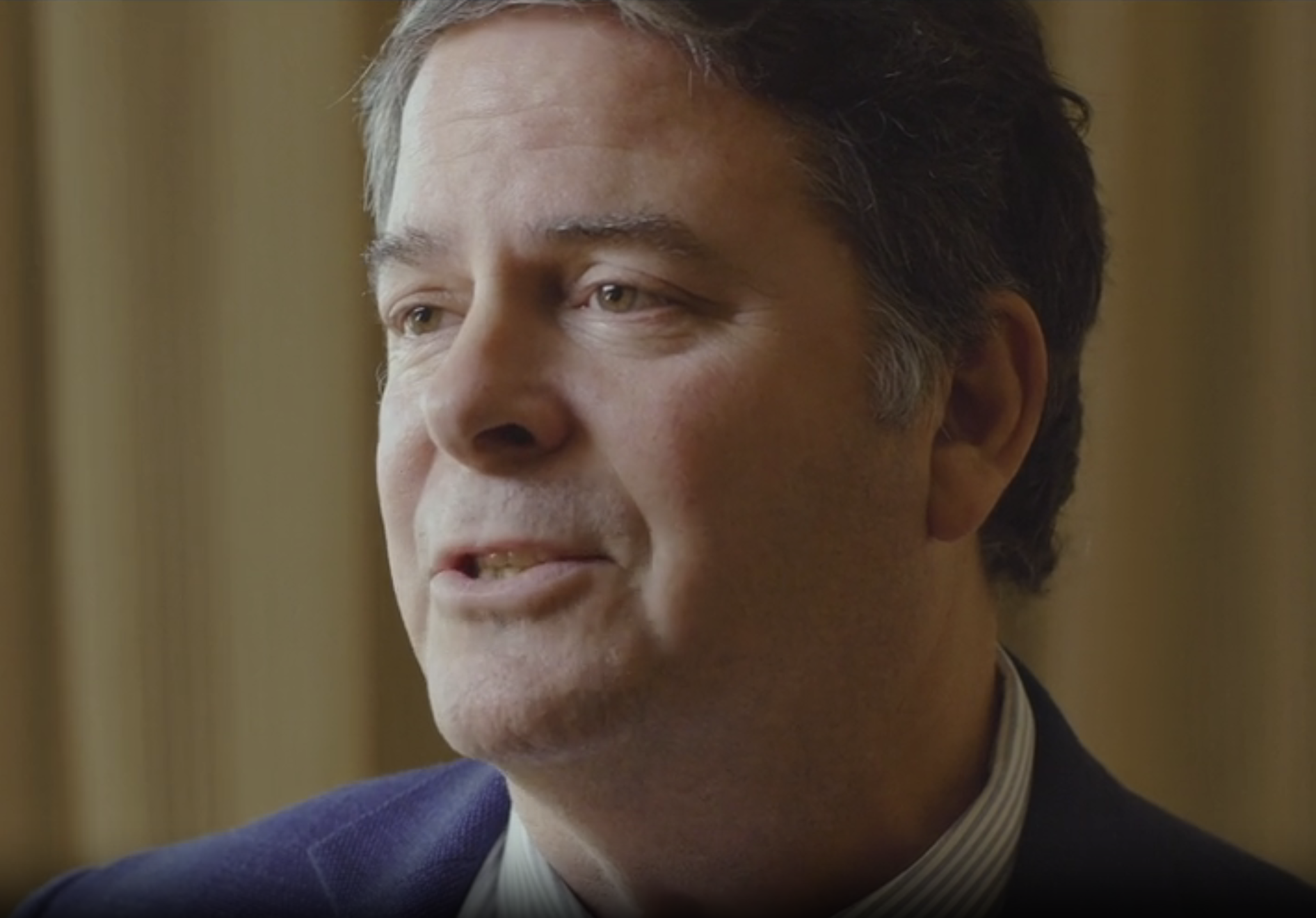

 The Fit
The Fit
You should know why you’re applying for a certain job. This sounds basic as to require no explanation, but it is amazing how many candidates apply for a position because it’s there, whether they have a chance of getting it or not. You need to know what you want in a job and you need to know yourself. It’s also interesting to us how many candidates would apply for two or three very different school positions such as a large day school in California and a small boarding school in New Hampshire. Know what you’re looking for and focus on that and that alone. Hold off on applying for a job until the position statement has been posted. You can find these on websites of search consultants and on national and regional job postings. Applying for a job is not a race. Search committees do not get excited about the first candidate that applies for a job so be patient, read the position statement carefully, and see whether you’re a good fit for what’s being required. Never be afraid to contact the consultant or consultants who are leading the search and ask questions before you prepare your paperwork.
 The Paperwork
The Paperwork
Cover Letter
A cover letter should explain your interest, show job fit, and align your experience with the position’s specific requirements.
Resume
The resume shows what you’ve done, relates it to the job, supports the cover letter, and should be concise—two pages max.
Writing Sample
A personal statement reveals who you are, your personality, motivations, and passion—helping the committee connect and consider you seriously.
Recommendations
At RG175, we normally request an applicant to post a cover letter, resume, and writing sample or personal statement. These three pieces should complement each other and give a search committee a good insight into how a candidate thinks, works, and leads. The goal of your paperwork is to get yourself invited to the next phase in most research processes, which is the interview. The cover letter is probably the most important piece within the paperwork. The cover letter is your why. Why are you interested in the school that you’re applying to? Include what you believe Is your potential suitability for the job and please do not write a mini autobiography. Do your homework, read the position statement carefully and know what the school is looking for, know what the job requires and measure your ability and experience against the job requirements. Your cover letter must reflect the connection between what you have done to date and what the job demands for the future. The resume is your what. What have you done and how does it relate to the job that you’re applying for? The resume’s purpose is to substantiate the cover letter, show what the candidate has accomplished. A resume needs to be succinct. Please keep it to two pages. Search committees do not like reading multiple page resumes. A writing sample or a personal statement provide you with an opportunity to let the search committee get to know you. How well do you express yourself? How ambitious or sensitive or gregarious or expert do you want to come across? Share meaningful things and your personality will come through and you’ll have a better shot of getting an interview. The personal statement can be your who. Who are you? Why do you enjoy working in schools? Why do you enjoy teaching or working with children? This is where the committee can really get to know you.


500+
Searches Completed
 The Interview
The Interview
SHOW UP
EARLY: Once you’ve been
invited to the interview and know the
time, do
yourself a favor and do not show up
more than 10 minutes early. Let the consultants know that you have arrived and that you’re ready to
go. By all means, please never show up late. Getting to the site early, making sure that you know
where you’re going is fine, but no more than 10 minutes early.
WHAT TO
WEAR: Candidates often ask us “What should we wear to the
interview?” It is much better to be overdressed
than underdressed. At a minimum, business casual can work, but it’s always best to be overdressed.
This includes Zoom interviews as well.
EYE CONTACT: Once you’re in the interview, eye contact is very important. Another important factor that many people suffer is they pontificate and do not answer questions directly. This tends to happen more when candidates are nervous. The old adage “don’t be nervous, be excited.” You are often meeting some fascinating people who have a high level of passion for their schools. Be excited about the connections and learning new things about their school. Answering questions directly is extremely important. Never be afraid to ask someone to repeat the question. This gives you a little more time to think about it before you answer. HAVE QUESTIONS: Candidates are often asked to provide some of their own questions for the search committee. We strongly advise that you prioritize these questions as often search committees get a little excited and tend to go on longer and ask more questions than they originally anticipated. Prioritize the questions and focus on the big picture as it relates to the school. Most of the folks you’ll be asking questions to are trustees, so ask appropriate questions for trustees. Focus more on strategy and the future, rather than minutia of the day-to-day program.
